Tagged: Beoplay V1
- This topic has 44 replies, 6 voices, and was last updated 8 months, 3 weeks ago by
Madskp.
- AuthorPosts
- 15 May 2024 at 19:42 #55661
I decided to take it apart to inspect the super capacitor and just as expected behind the plastic foil it was crusty, and had leaked to components below it (over it at the picture) causing corrosion
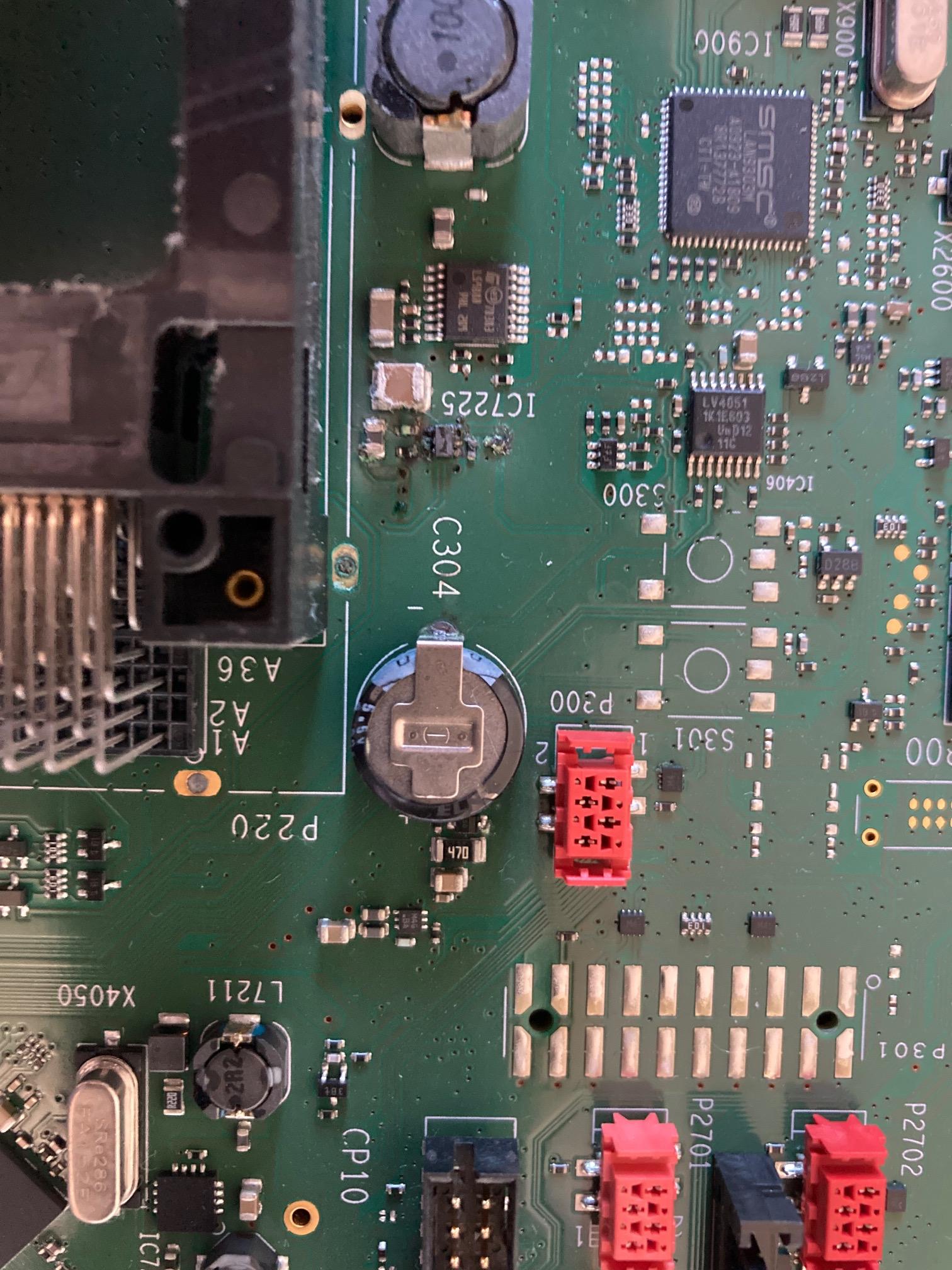
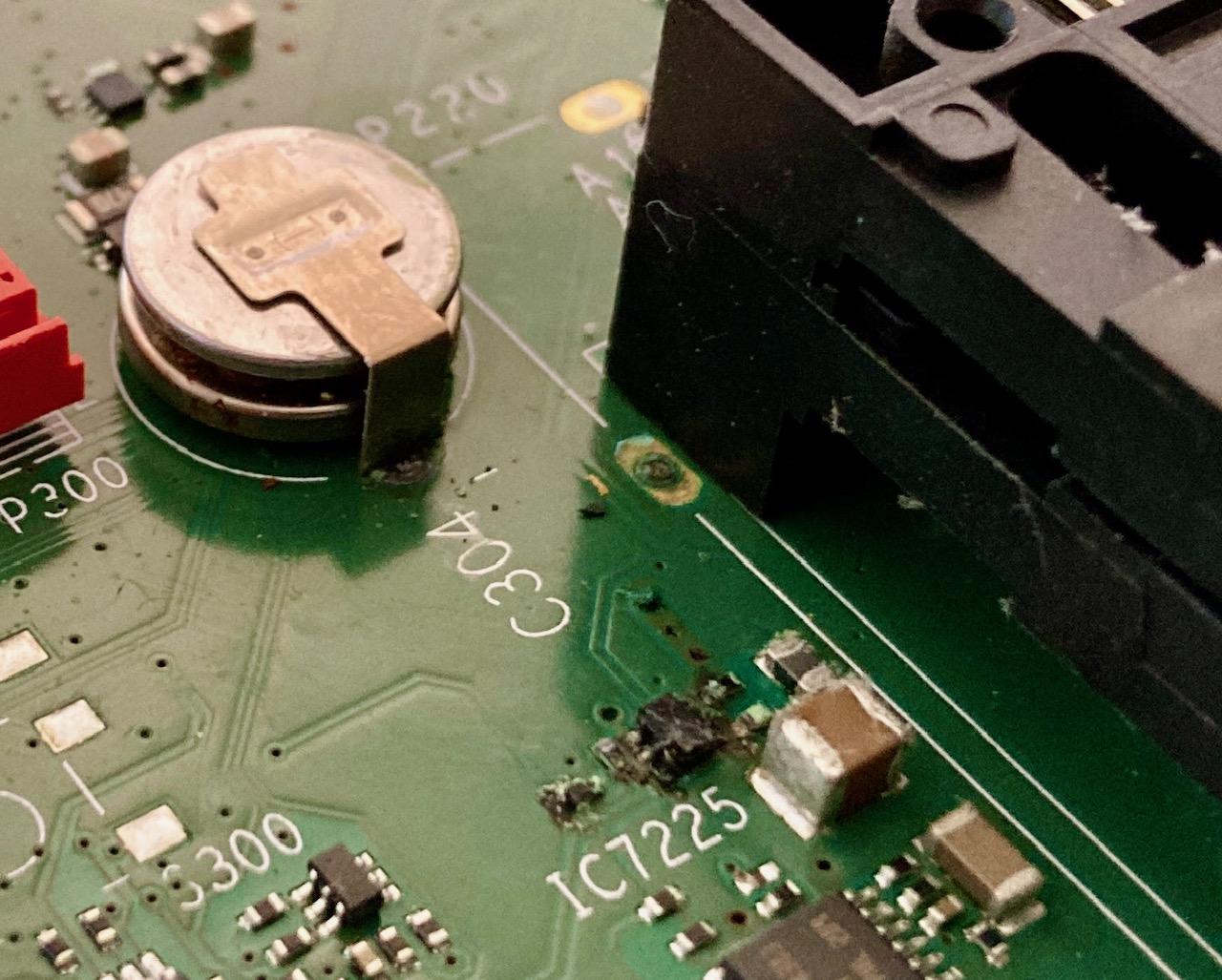
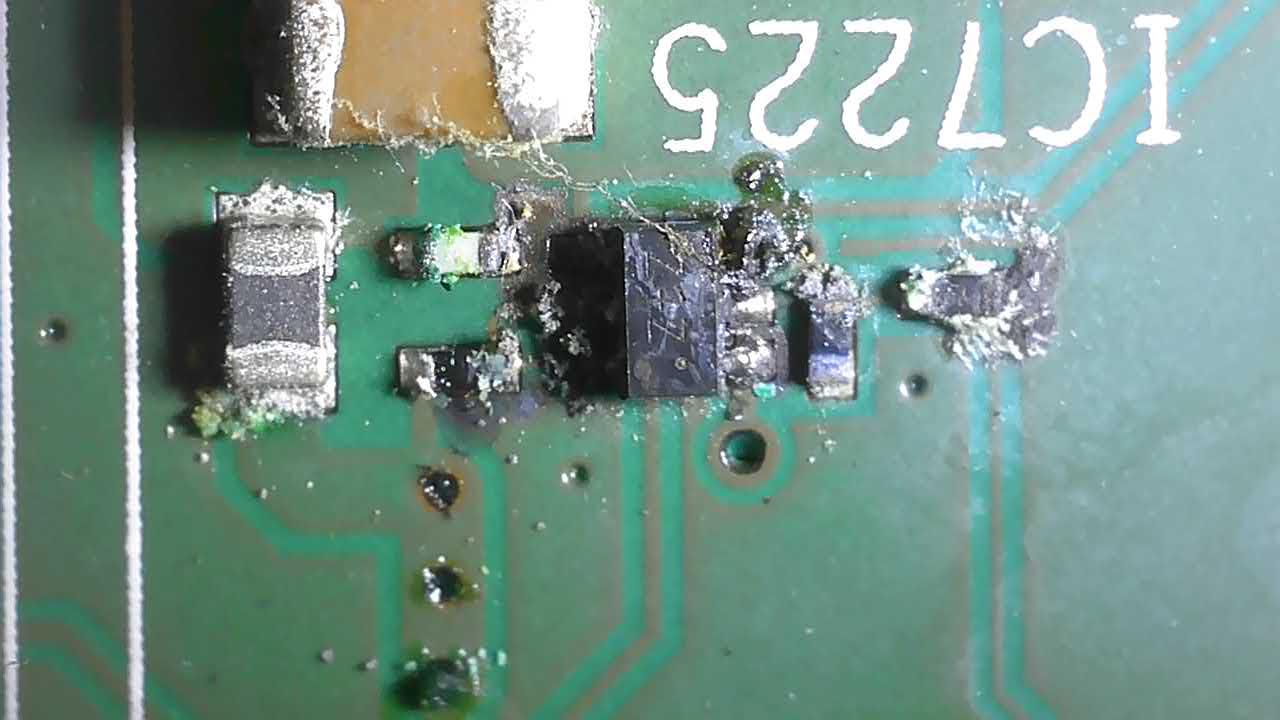 15 May 2024 at 19:46 #55663
15 May 2024 at 19:46 #55663I removed the super capacitor to inspect below it. I thought it might be best to cut it off and just desolder the legs, but unfortnuatly I might have caused damage to some traces beneath the super capacitor while cutting
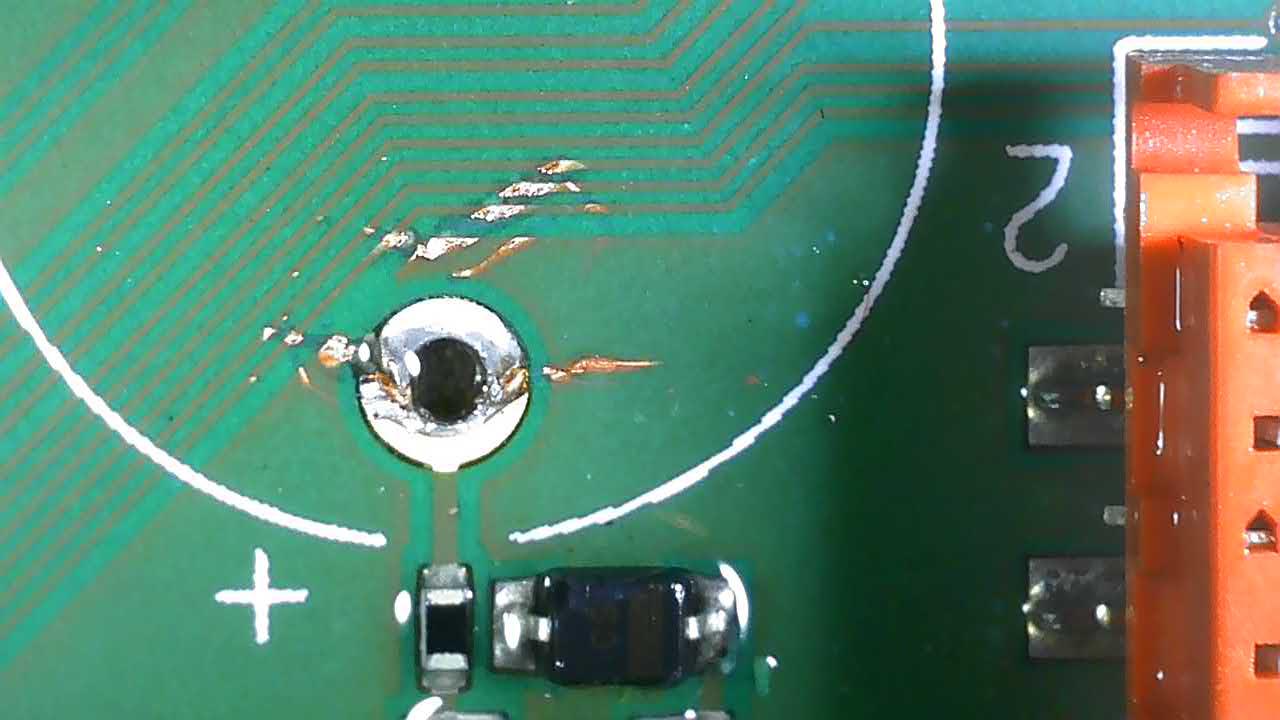
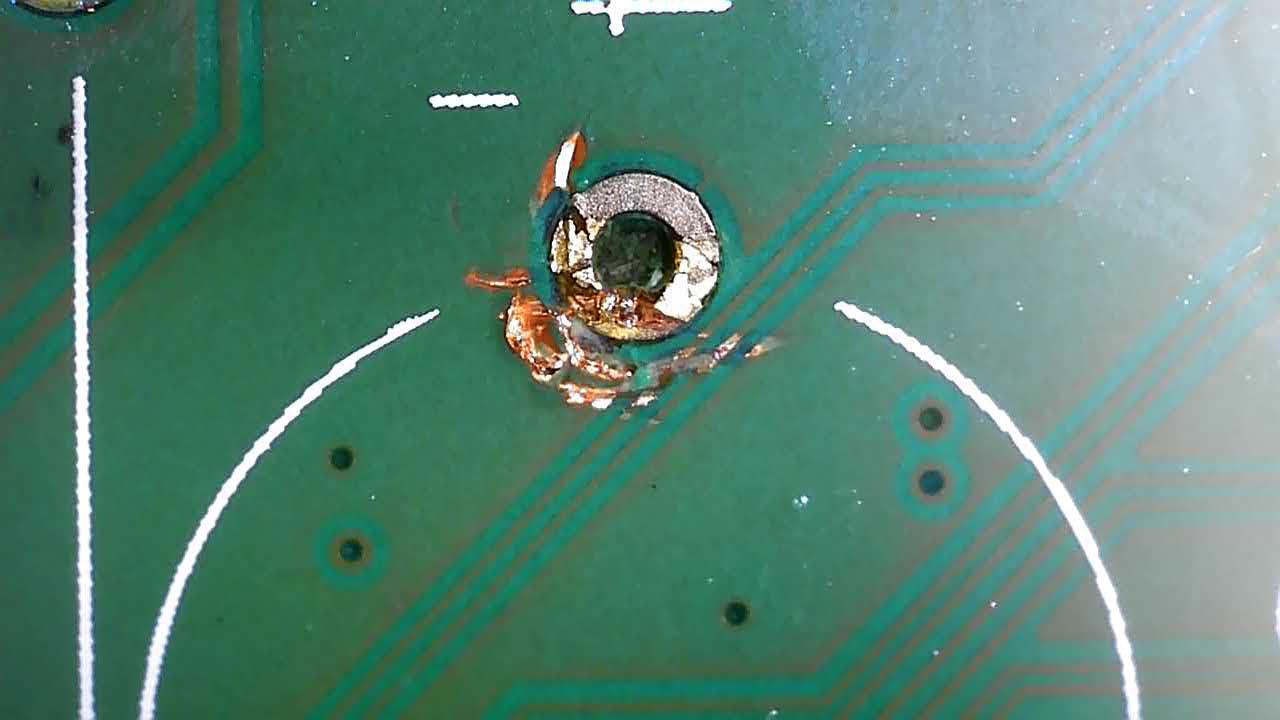
However the leakage did not seem to have affected this area.
15 May 2024 at 19:49 #55665Next step is to check the damaged traces for continuity and clean up the areas with corrosion and check them for damage. Might not have time for that before sometime next week though.
I will also order a new super capacitor, although I wonder if I should go with a 3300uf electrolytic capacitor instead.
29 May 2024 at 19:10 #56068OK this took more time and patience than expected.
Only 2 of the traces i damaged by removing the battery seemed to have lost connection. My first approch was to just solder a short strain of wire between the two ends of the traces. However that proved to be more difficult than expected as the board seemed to suck the heat from the soldering iron in that area (I suspect a large ground plane in one of the inner layers of the PCB).
Instead I ended up making connection between two places of traces more far away from each other. Still a pain in the **** to do working under microscope with shaking hands, but better results although it does not look pretty.
To connect to the traces I scraped them down with a scalpel, gave them flux and tinned them the best I could. One of the traces ended in a component in one end, so that was far easier to solder to. The other ends was at via’s which I could not loacte on the other side of the PCB.
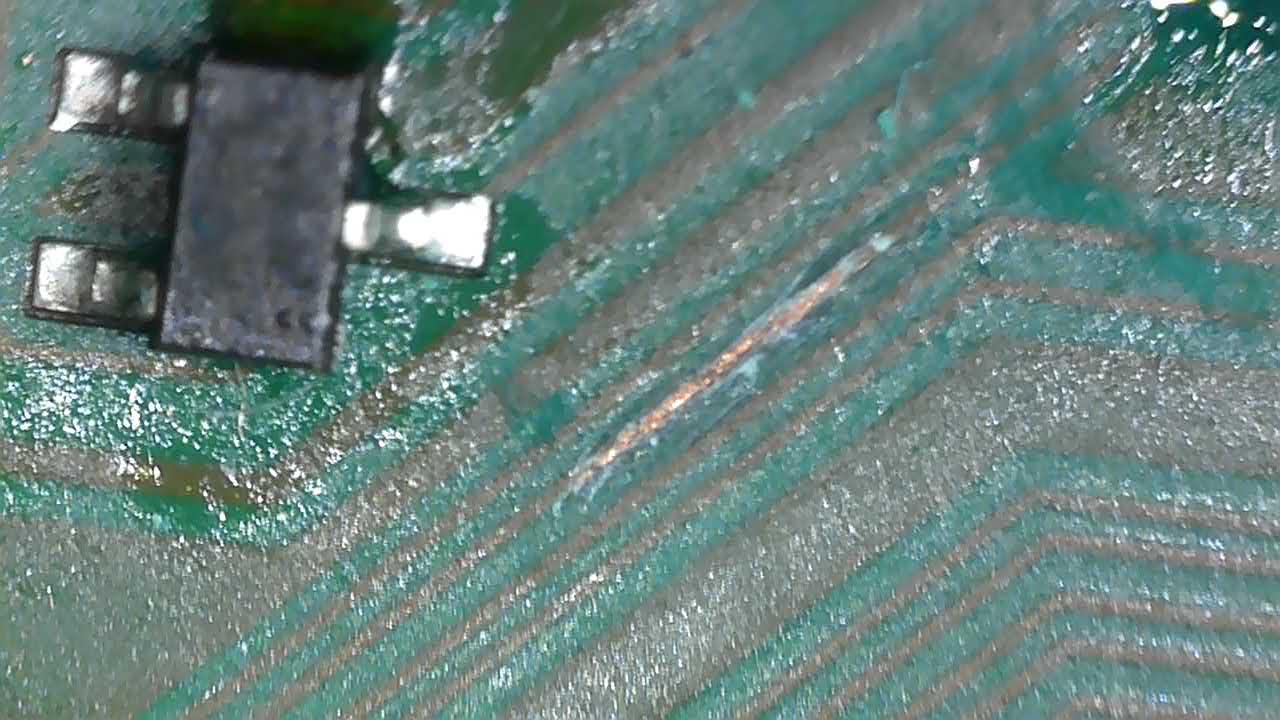
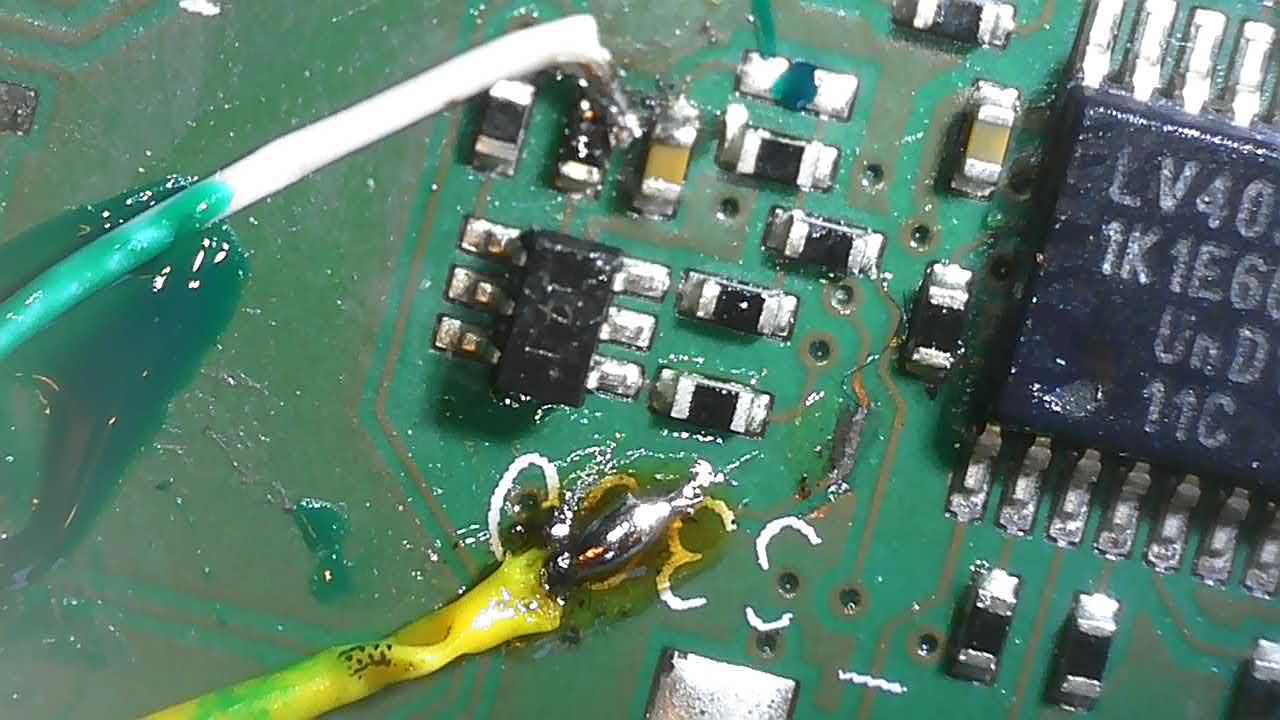
One of the legs from the old super cap I could not remove, I suspect the issue with getting heat enough was the issue again, so I ended up soldering wires to the PCB and place the new super cap in the common interface slot as I don’t have a need for that. This way the next time it leaks the leakage will hopefull ned in the bottom of the cable compartment where it should no make the same damage.
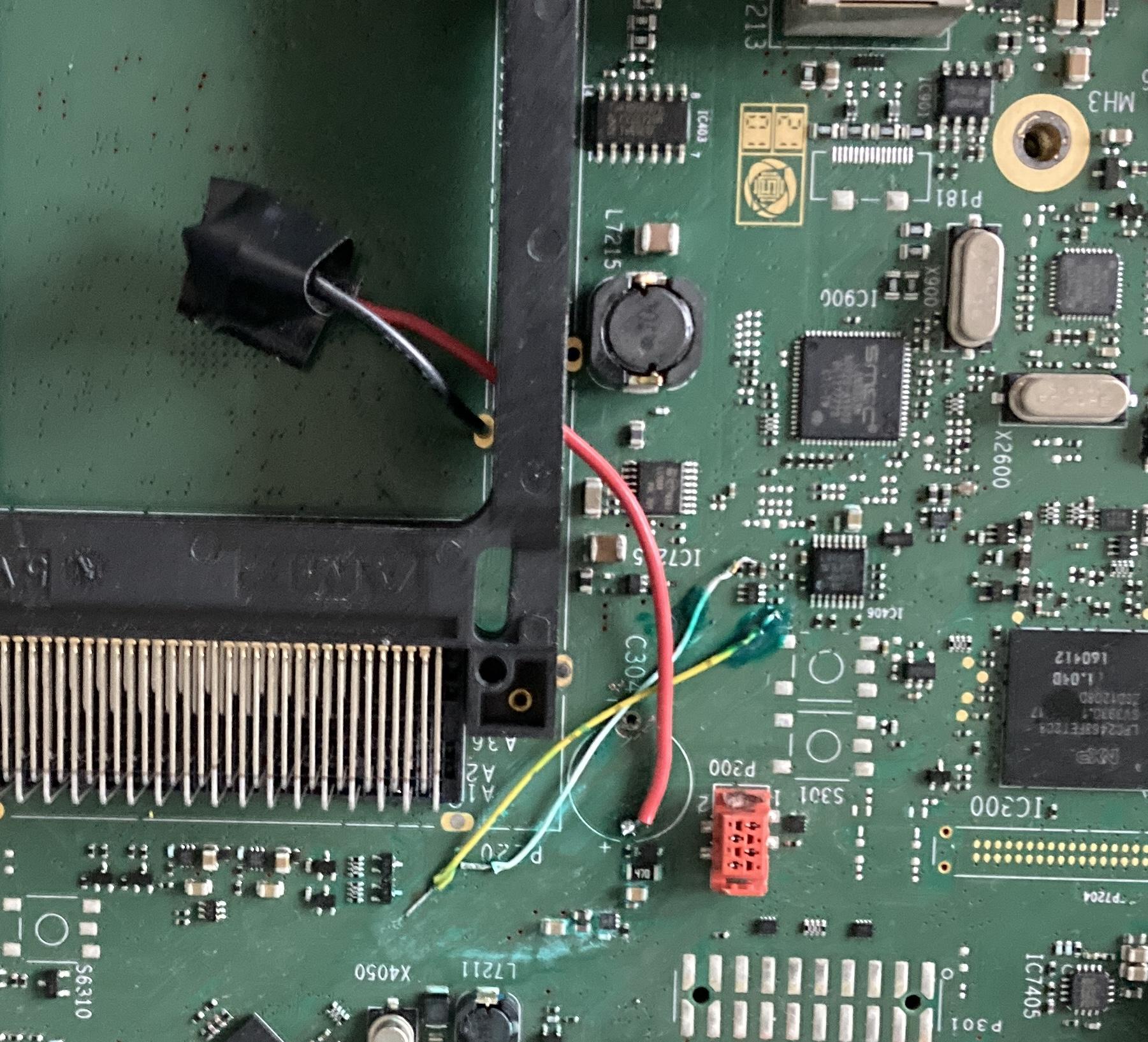 29 May 2024 at 19:29 #56069
29 May 2024 at 19:29 #56069As for the damage done by the battery leakage I just gave it a good scrub in first a little white vinegar, and the 99% Isopropanyl alcohol to clean it up (sorry no after pictures)
When I connected the TV again it would still not respond to the remote. Tried starting it up by the App again, which was still working fine. Then just for the sake of it I tried holding down standby on the remote, and the it would turn off.
Still no turning, on, so I tried to set it to V.OPT 1, and bam it worked wit the remote. So might be something to check up on if doing this repair.
I still need to to some of the reassembly, and also maybe try to attach my repair wires more securely to the PCB.
Was it worth the hassle? Well if I had not broke the traces when I cut the super cap it would have been a walk in the park. However as mentioned Jacek1313 the leakage can also affect traces which again will make the repair more difficult. Under all circumstances I will recommend and inspection of the area around the super cap, and if something looks corroded do the cleaning. The affected area might vary depending on which stand is used for the TV.
I will probably do a preventive inspection on my main V1 to see if anything is on the way, and will report back when I have done that.
- AuthorPosts
- You must be logged in to reply to this topic.





